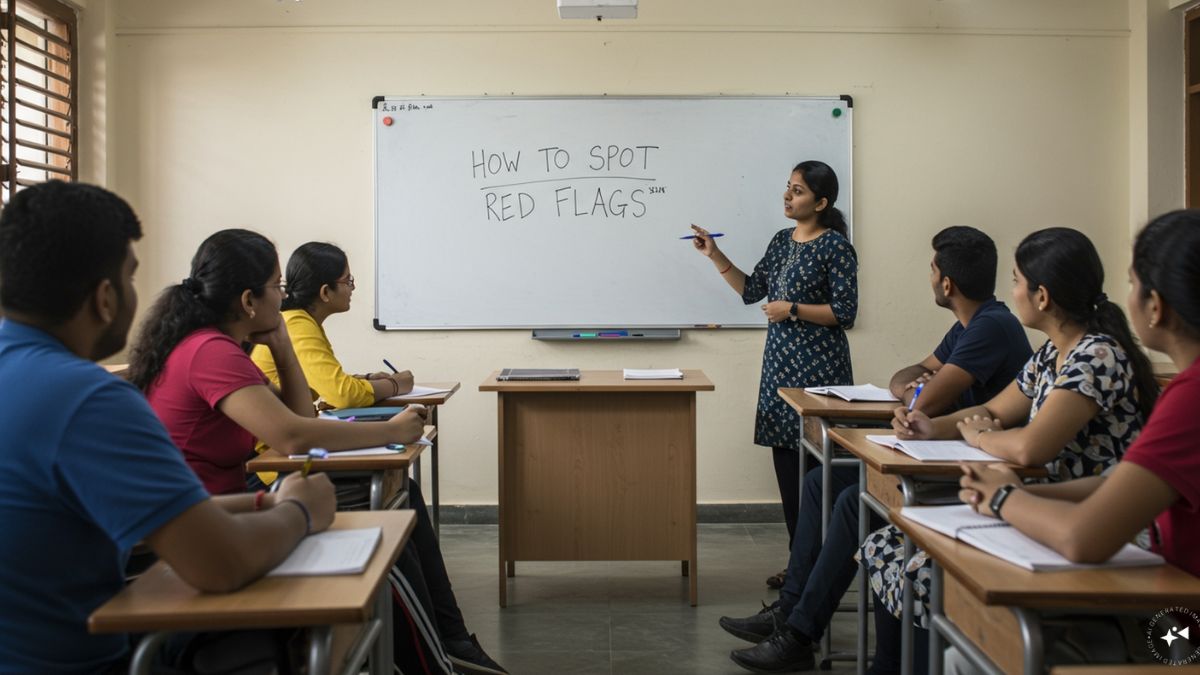No more spilling the tea about your toxic partner to your friends?
In today’s world, many young people are finding it harder to deal with emotions like love and anger. Social media has also contributed to this by making people more open and exposed, which can sometimes leave them feeling even more confused.
To help students handle such issues better, Delhi University (DU) is introducing a new elective course called “Negotiating Intimate Relationships”.
ALSO READ | Can separate homes keep love alive? The ‘living apart together’ trend explained
The course, designed by DU’s Department of Psychology, is meant to help young adults deal with emotional struggles in today’s digital world.
It will be available for undergraduate students from the 2025-26 academic year, no matter what subject they are studying. Passing the Class 12 board exams is a must to take the course.
But what will the course offer students? How will it support them? What topics will it focus on? What kind of discussions will take place in class?
Let’s get you these answers:
Course structure and key points
This four-credit course is designed to help students spot red flags, handle emotional challenges, and build strong, respectful relationships.
It will focus on how young people form and manage close friendships and romantic ties.
Students can take this course alongside their core subjects It aims to open up space for conversations that usually do not happen in formal classrooms.
Impact Shorts
More ShortsHere’s how the course is structured:
Unit 1: Understanding the psychology of friendships and close relationships
Unit 2: Exploring different theories of love and sexuality, including Robert Sternberg’s triangular theory of love and the two-factor theory
Unit 3: Recognising danger signs such as jealousy, emotional pressure, and intimate partner violence
Unit 4: Learning how to build strong, lasting, and supportive relationships
Why has this course been introduced?
The course comes in response to growing worries about the emotional struggles faced by young adults, The Times of India reported. Social media and the lack of early lessons on healthy relationships are making things harder.
Recent events in Delhi have brought this issue into focus. Between May and June 2025, three young women, aged between their late teens and early twenties, were killed by jealous partners.
While these incidents did not all involve students, experts believe they point to a deeper problem: many young people do not know how to cope with rejection, relationship stress, or emotional conflict.
According to the course outline, its main goal is to help students understand the basics of close relationships, notice emotional stress points, and learn how to form meaningful, respectful connections.
By the end of the course, students should be able to understand the emotional and psychological roots of love and pain and use that knowledge to handle real-life situations better.
The university says this kind of academic support is becoming more important, especially as more young people struggle with emotional and relationship-related issues.
ALSO READ | What is solo polyamory? How is it different from traditional polyamory?
How many classes will be held? What will be discussed?
Students will attend three lectures and one tutorial each week.
The course is meant to be engaging and hands-on. Students will look into their own social media habits, join in exercises to better understand themselves, and talk about common challenges in relationships.
Classroom discussions will cover a range of topics, including online dating, how people handle forgiveness, and how love and conflict are shown in popular films. For instance, students will study partner violence as shown in ‘Kabir Singh’ and idealised love in ‘Titanic’.
These conversations will help students think critically about how films and media shape our ideas of love and relationships. They will also debate modern dating culture and explore how platforms like Instagram or dating apps influence behaviour and expectations.
Latika Gupta, a Delhi University faculty member, told The Times of India, “Films reflect how love is often idealised or even normalised when it’s toxic. But when analysed in a classroom, they can become powerful tools to deconstruct unhealthy patterns.”
She also pointed out that young people are rarely taught how to cope with rejection or draw boundaries. “If we learn this early, some of the tragedies wouldn’t happen,” she said.
Students will also use tools like Sternberg’s triangular love scale to explore the different parts of relationships and understand how they function.
)